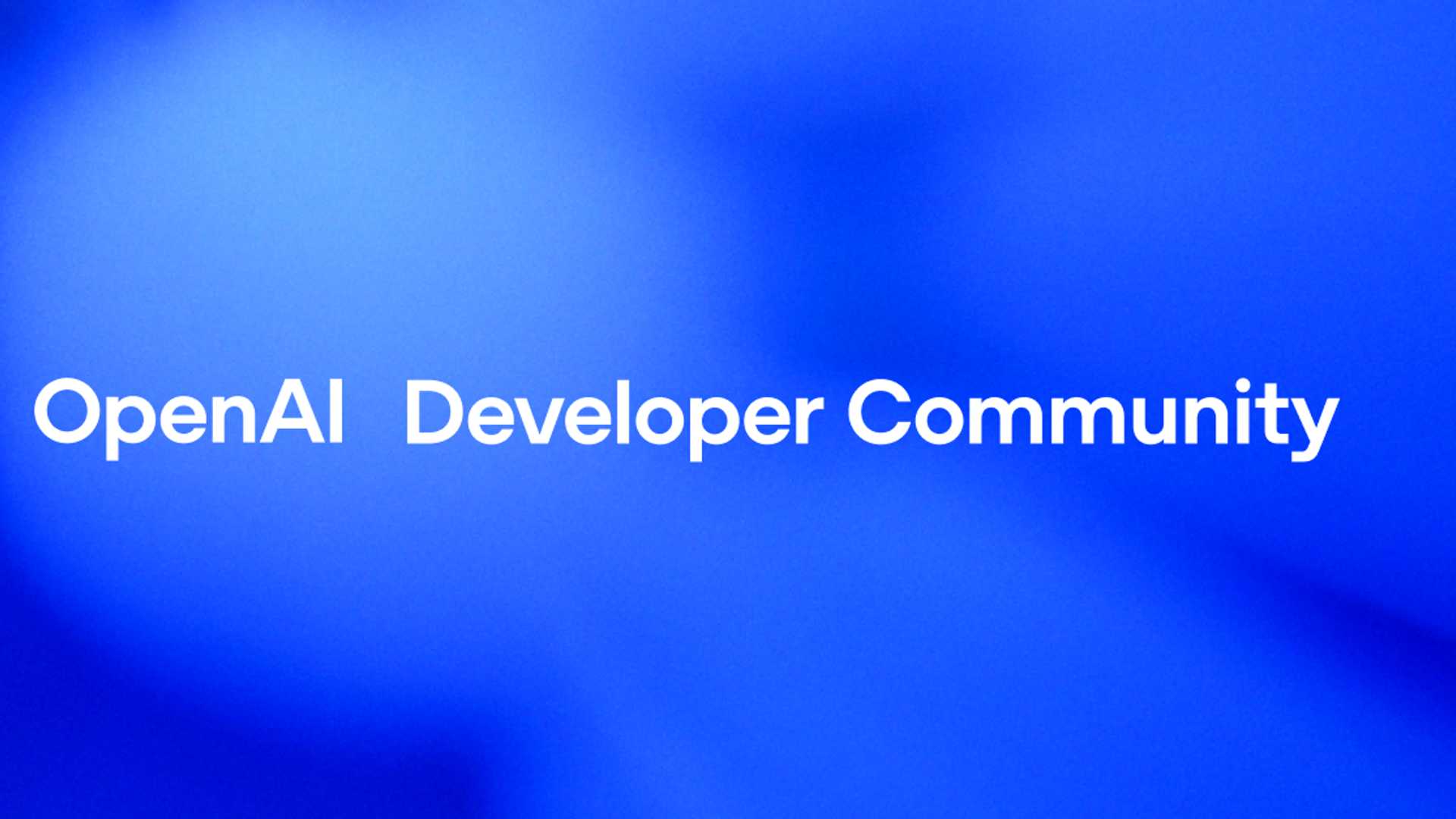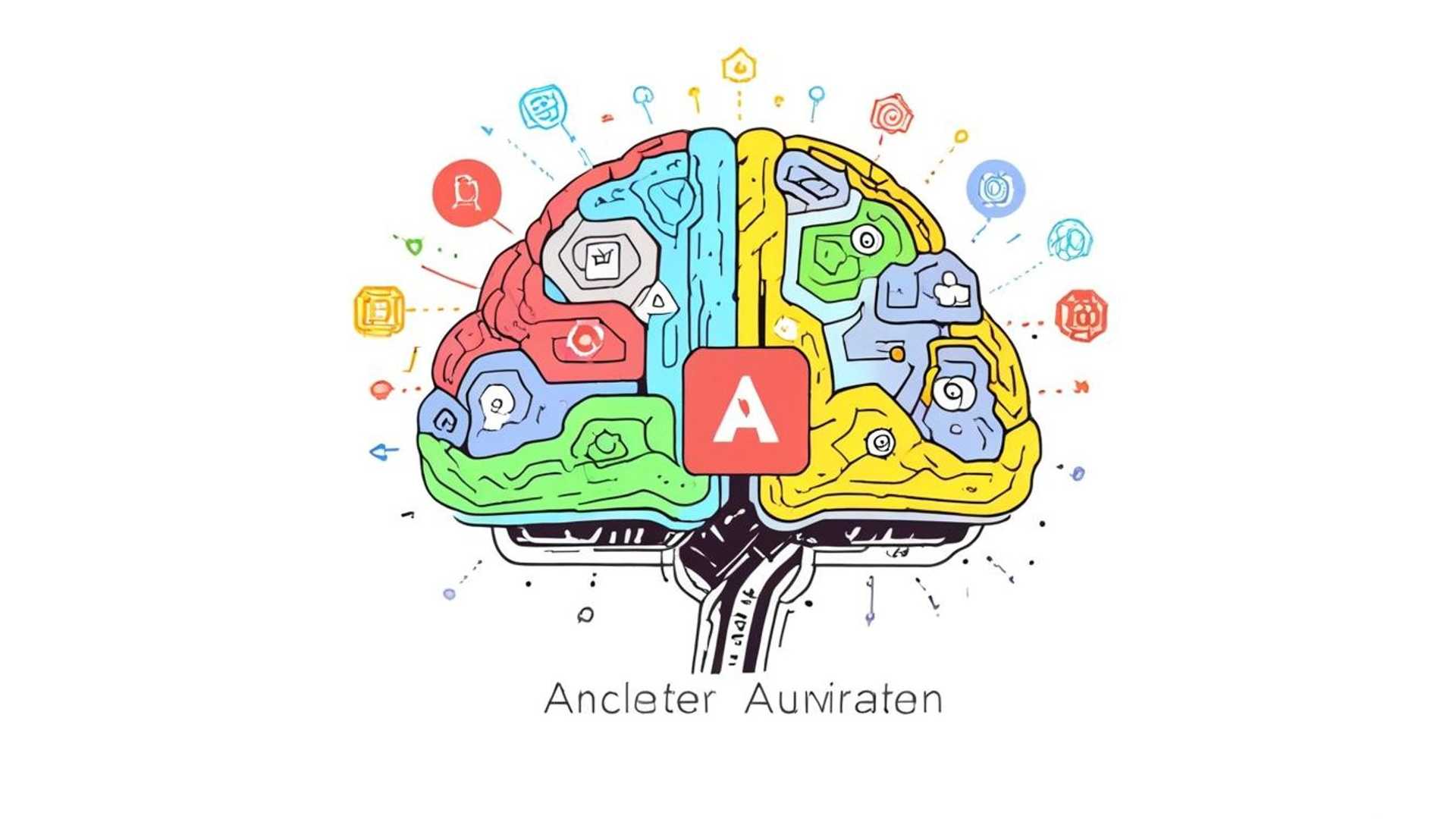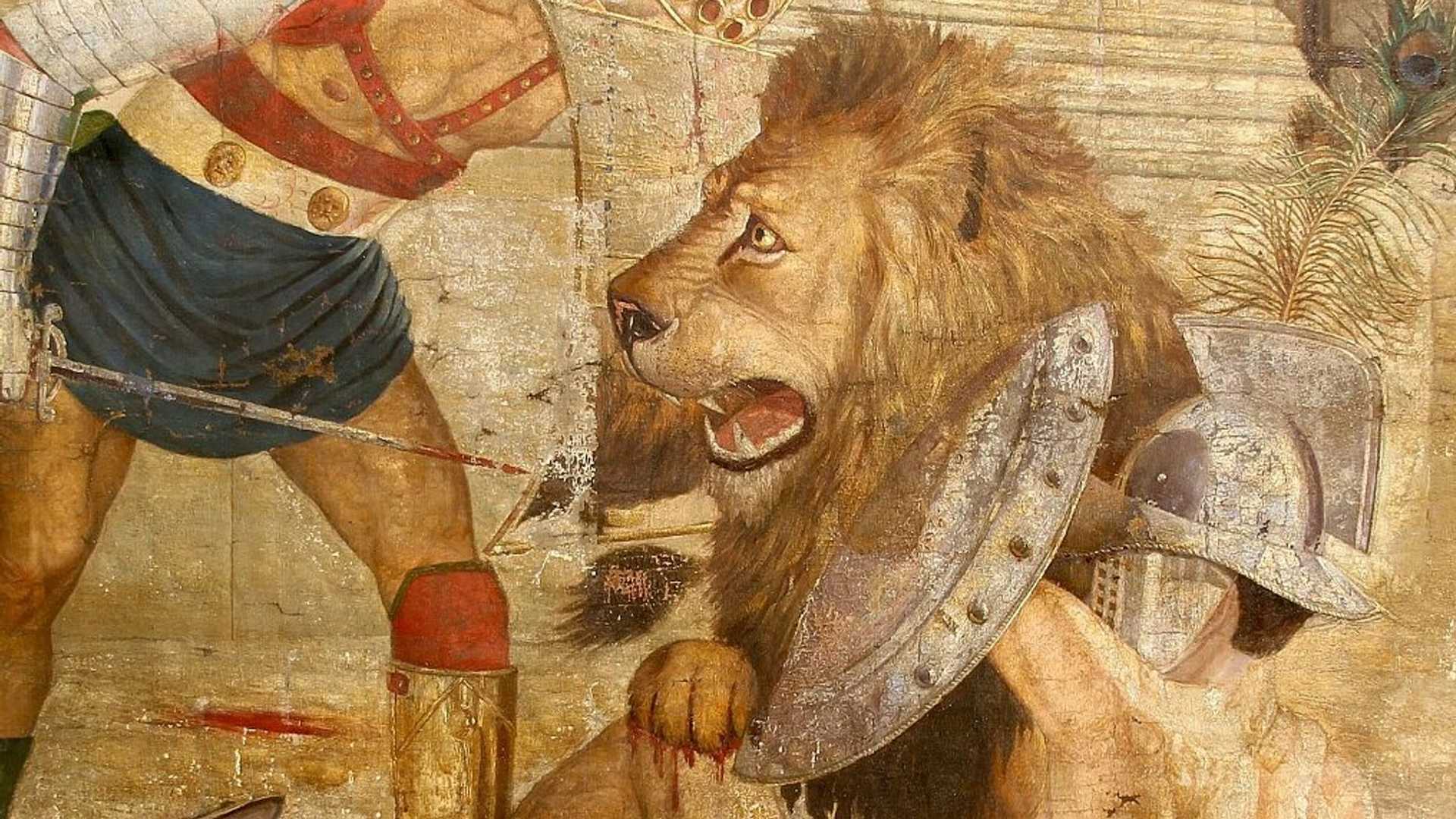Studio Ghibli-inspired memes and portraits made with ChatGPT are...
The internet has become a Studio Ghibli-inspired playground. Admirers of the Japanese animation studio are using a new update from ChatGPT to create portraits and memes inspired by the distinct artistic style popularized by filmmaker and studio co-creator Hayao Miyazaki.
Image Generation Capabilities
The trend emerged within a day of OpenAI’s introducing new native image-generation capabilities Tuesday within GPT-4o, the latest version of ChatGPT. Users who pay for the premium tiers, which start at $20 a month, are able to upload any images into the system and asked the tool to transform them “into the style of Studio Ghibli.” Users can also use the tool with Sora, ChatGPT’s text-to-video AI model.
Shared Images
Some of the most shared images posted to social media Wednesday re-created political events in U.S. history, including President Donald Trump’s Feb. 28 meeting with Ukrainian President Volodymyr Zelenskyy and the assassination of President John F. Kennedy. Others transformed popular memes, including a recent one referring to fitness influencer Ashton Hall’s morning routine and the decade-old Distracted Boyfriend meme.
Artistic Freedom and Controversy
While the new AI tool excited many social media users, some expressed concern that its use may diminish the unique work of Miyazaki. Some people referred to the reimagined art as AI slop, criticizing the seemingly AI-generated images dominating social media feeds.
OpenAI's Response
OpenAI's CEO Sam Altman even joined in on the trend by changing his X profile picture into the Studio Ghibli style. OpenAI released the feature amidst concerns from artists about the infiltration of generative artificial intelligence technology into various artistic mediums.
OpenAI, like its competitors, does not reveal the specific data used to train its models. The accuracy of the Studio Ghibli impressions has raised questions about potential copyright infringement from scraping the studio's works without permission.
Conclusion
Despite the controversies and concerns, OpenAI continues to develop its AI models to provide users with more creative freedom. The company aims to refine its policies based on real-world use and feedback, ensuring a balance between innovation and ethical considerations.




















